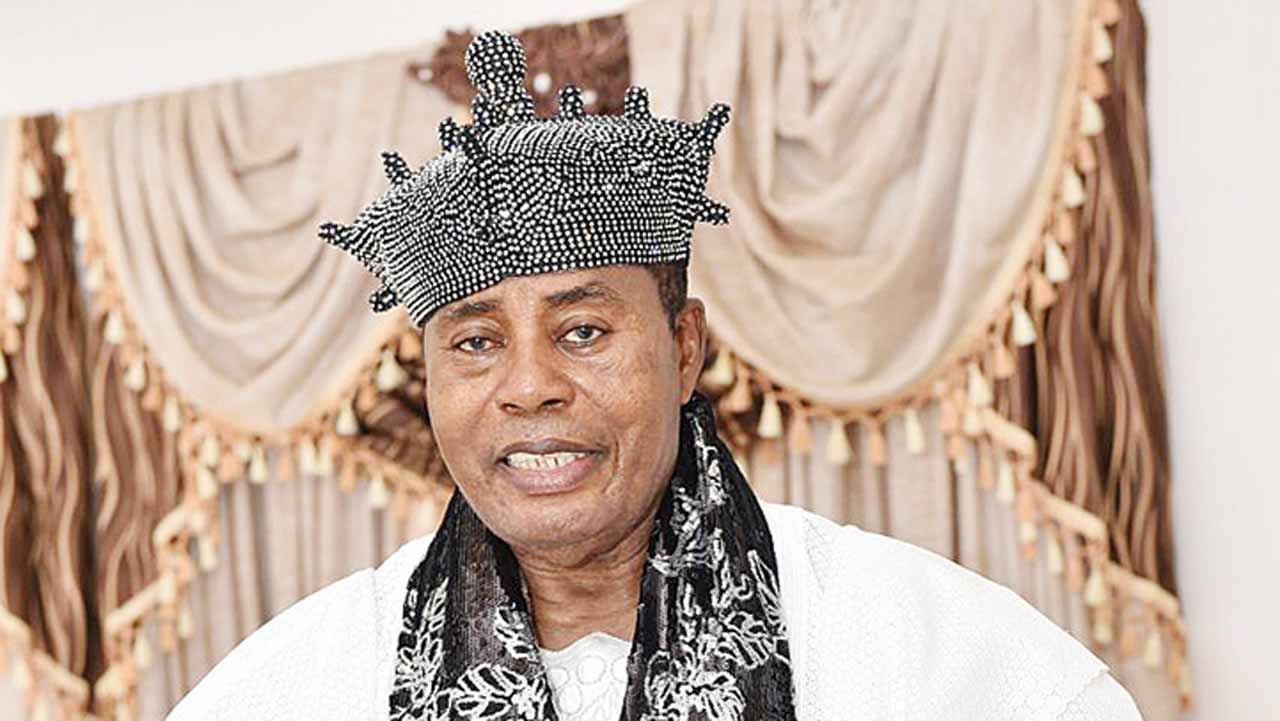...To get all news updates, Join our WhatsApp Group (Click Here)
Also Join our WhatsApp Channel (Click Here)
The High Court of the Federal Capital Territory in Jabi, Abuja, yesterday ordered the sale of an Abuja hotel owned by Obat Oil and Petroleum Limited to offset the N5 billion debt it owes Ecobank Plc.
The judge, Hassan Babangida, gave the other in a suit filed by Ecobank.
The hotel in question, Febson Hotels & Malls, is located at Plot 2425, Herbert Macaulay Way, Abuja.
Obat Oil, the firm which owns the property, was founded by an oil mogul and popular monarch, the Olugbo of Ugbo Kingdom in Ilaje Local Government Area of Ondo State, Oba Fedrick Akinruntan, who was in 2014 ranked by Forbes magazine as the second richest king in Africa and the richest in Nigeria.
Ecobank through the application filed on October 18, 2019, sought the court’s authority to sell the hotel to recover the N5billion owed it by Obat Oil.
It claimed that it had reached an agreement with Obat Oil to sell the hotel to offset the company’s N5 billion debt, adding that the agreement was adopted by the High Court of Lagos State as a consent judgment delivered on March 15, 2017.
The bank, through its lawyer, Mr Kunle Ogunba (SAN), added that Obat Oil, in a November 16, 2019 letter, informed the bank that it had found a buyer for the hotel and would offset the debt with the proceeds of the sale.
It added that the company reneged on its promise to have the hotel sold and pay the N5bn debt on or before December 31, 2019.
Obat Oil’s lawyer, Mr. Olalekan Ojo (SAN), did not deny his client’s N5billion indebtedness but maintained that Ecobank was no longer the creditor because the bank had in a letter dated April 5, 2017, allegedly assigned its rights and interests in the case to a third party, ETI Specialised Finance Company Limited.
He said this implied that only ETI Specialised Finance Company Limited could assert any right over the N5bn judgment.
Delivering judgment yesterday, the judge held that Ecobank had the locus standi (legal right) to enforce the Lagos State High Court judgment.
Justice Babangida ruled that there was nothing placed before the court to show that the alleged transfer of the bank’s right in the N5billion to ETI was complete.
He noted that although the bank in its April 5, 2017 letter stated that ETI would act on its behalf, there was no evidence showing that ETI complied with the condition in the letter requiring it to give the debtor the bank account into which the N5billion should be paid.
“The judgment sum has not been paid till today and it was agreed by the parties that the property in question, Febson Hotels & Malls, should be sold in satisfaction of the judgment sum,” the judge added.
Granting the bank’s application, Mr Babangida ordered, “The court hereby orders the issuance of a writ for the attachment and for sale of the property known as Febson Hotels & Malls and the sum of N5 billion to be realized from the sale should be paid to the applicant.”
Meanwhile, Obat Oil immediately appealed against the judgment and filed an application for a stay of execution of the judgment yesterday.
Mr Ojo, the company’s lawyer, filed two grounds notice of appeal at the Court of Appeal in Abuja, contending that the trial judge “erred in law” by not declining jurisdiction to entertain and grant Ecoban’s motion on notice dated October 18, 2019.
The lawyer argued that the court ought to decline jurisdiction because the judgment debt sought to be enforced by Ecobank had been assigned to ETI Specialised Finance Company.
In another grounds of appeal, Obat Oil argued that the trial judge erred in law because he relied on the reply affidavit filed by the judgment creditor on November 5, 2019 “after the judgment creditor had started its address in respect of the motion on notice filed on October 1, 2019, without obtaining the leave of the trial court to file the said reply affidavit”.
The firm argued that the judge arrived at a decision that occasioned “grave miscarriage of justice” by relying on such reply affidavit.
In its motion for stay of execution of the judgment which it filed before the same trial judge at the FCT High Court, Jabi, on Thursday, Obat Oil sought an order of injunction and stay of execution restraining Ecobank from enforcing it pending the determination of its appeal against the said judgment.
You can get every of our news as soon as they drop on WhatsApp ...To get all news updates, Join our WhatsApp Group (Click Here)
Also Join our WhatsApp Channel (Click Here)

















